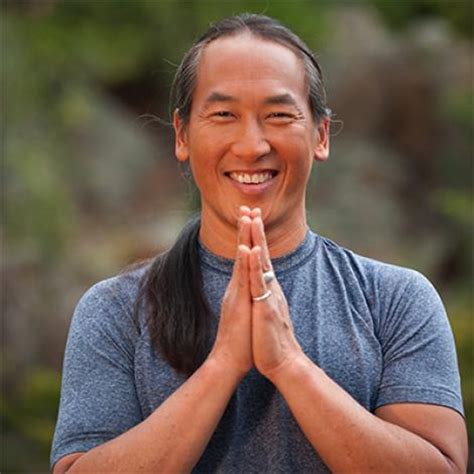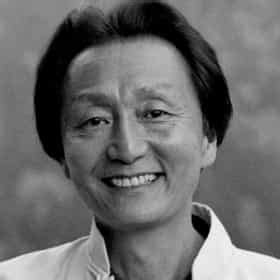A Quote by Pauline Oliveros
The mission [of institution] won't change. It will continue to be what it is: to spread the practice of deep listening and introduce it to people, to do workshops and retreats and certification programs and so on.
Related Quotes
Become better listeners. Practice the art of listening in everything you do. Not just listening to yourself and your body, but listening to the people around you, listening to the plant world, the animal world. Really open your ears to what's coming at you. From there, see if you can have the ability to respond instead of react. And that usually comes with listening. If the observation and the listening are deep, then your action will be deep also.
Listening is a very deep practice. You have to empty yourself. You have to leave space in order to listen especially to people we think are our enemies - the ones we believe are making our situation worse. When you have shown your capacity for listening and understanding, the other person will begin to listen to you, and you have a change to tell him or her of your pain, and it's your turn to be healed. This is the practice of peace.
Deep Listening is listening in every possible way to everything possible to hear no matter what you are doing. Such intense listening includes the sounds of daily life, of nature, or one's own thoughts as well as musical sounds. Deep Listening represents a heightened state of awareness and connects to all that there is. As a composer I make my music through Deep Listening




































